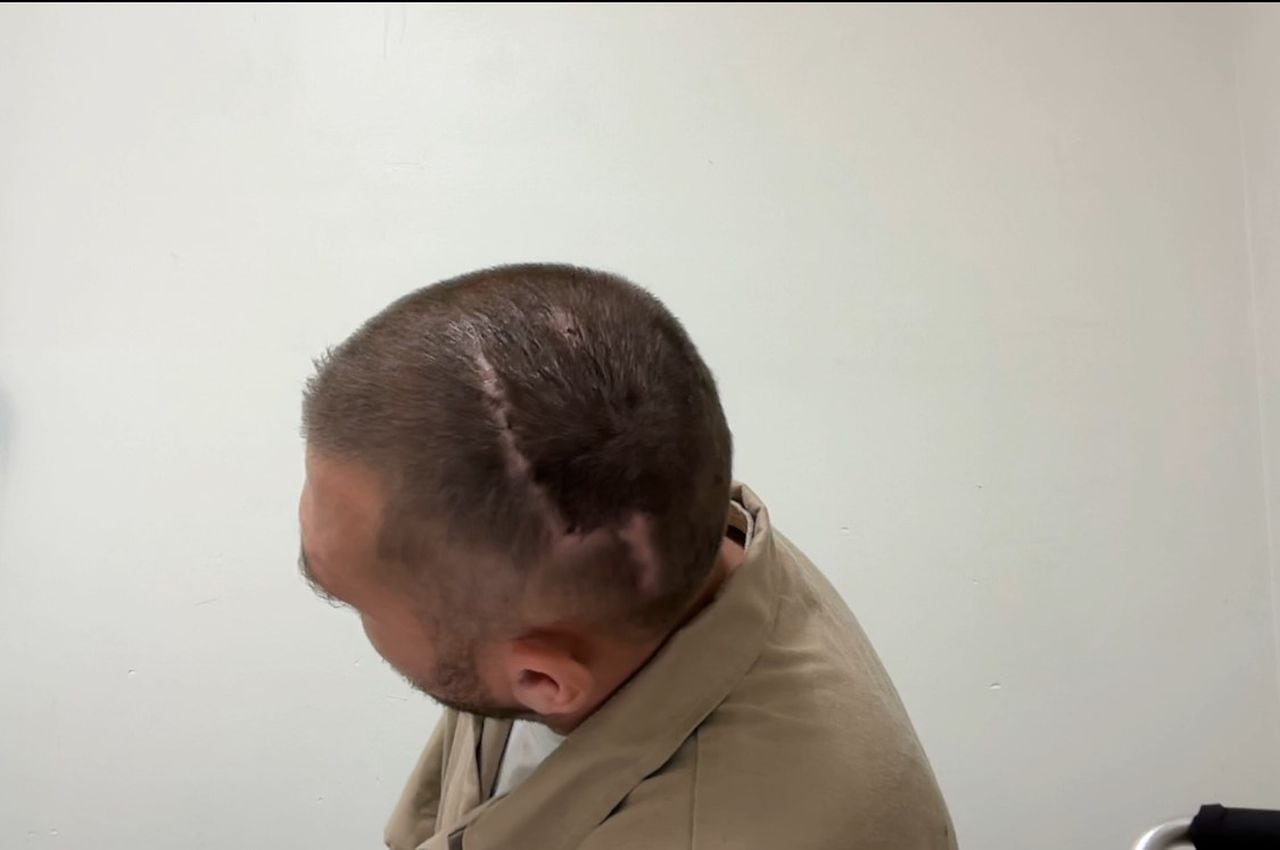Family of man who died in prison seeks answers with 2nd autopsy
Adam Bond’s family made public pleas in November and December for the Alabama Department of Corrections to provide more information about his medical care and protect him from further harm after a severe beating by another inmate put him in UAB Hospital.
Last week, Bond was found unresponsive in his cell in St. Clair County Correctional Facility and later pronounced dead.
Now the family plans to have a private autopsy conducted to get to the bottom of why Bond, a 38-year-old father who was serving a 20-year sentence for robbery and burglary, died in state custody.
Last week, attorney Lauren Faraino filed a federal lawsuit on behalf of Bond’s mother, Rebecca Crafton. The lawsuit initially sought to block the state from performing an autopsy. Faraino also represents Brandon Clay Dotson, another man who died in state custody. A doctor who performed a second autopsy on Dotson’s body said Dotson’s heart was missing. Officials have not explained what happened to the heart.
In the Bond case, Faraino was unsuccessful in stopping the state autopsy. Faraino said St. Clair County District Attorney Lyle Harmon told her he was going to order the autopsy on Bond’s body because foul play was suspected in Bond’s death. Faraino said the Alabama Department of Forensic Sciences performed the autopsy last week.
Faraino said Bond’s family was expected to receive Bond’s body Monday. Faraino said the family raised about $8,000 to help pay for a second autopsy. Faraino said she is not expecting that to reveal a missing organ but believes it could yield important information that would otherwise be hard to get from the state autopsy, or would take months to get.
She said the family needs answers because Bond died despite their pleas for information, medical care, and protection.
“I’ve been emailing the Department of Corrections for weeks to get some sort of protection for Adam Bond,” Faraino said. “And they moved him around from one unit to the other, but they were never really following through on competent medical care and competent protection from people who wished to harm him. So basically, we suspect there’s some sort of foul play involved here and we’re hoping that a second autopsy may provide some information about that.”
Adam Bond, who was found unresponsive in St. Clair Correctional Facility on Jan. 4 and later pronounced dead. Bond’s family had raised concerns about his medical condition and safety after he was struck in the head with a metal pipe by another inmate back in November.(Photo provided by attorney Lauren Faraino)
In November, Bond was severely injured when was beaten on the head with a pipe and stabbed by an inmate at Donaldson Correctional Facility in Jefferson County. He was treated at UAB Hospital, underwent surgery, and spent at least 12 days in intensive care, according to the lawsuit.
Bond’s family said they learned about Bond’s injuries from another inmate, not from the prison system. They said they got limited information despite calling the prison over and over.
In December, Bond’s aunt, Barbara Anne Turner of Bay Minette, told the Legislature’s prison oversight committee at a public hearing about the family’s fears about Bond’s medical condition and his safety. Other relatives of incarcerated men spoke to the lawmakers that day about their loved ones being beaten, raped, and killed.
At that time, Bond was at the infirmary at the Kilby Correctional Facility in Montgomery. His family said they were not allowed to visit him or talk with the doctors or nurses treating him.
Faraino said a request was made to transfer Bond to the Hamilton Aged and Infirmed Center, a medium-security facility, so that his medical problems would get more attention. Instead, the ADOC sent Bond to St. Clair, which is maximum security.
“We were just begging for some sort of medical follow up,” Faraino said. “He was experiencing a lot of strange symptoms after he had the brain surgery and a series of strokes. He was at high risk for a medical event that could be life-threatening, and he was also at risk of being attacked within the facility.
“And so, what we requested was that he be moved somewhere that could handle his medical needs. And instead, they brought him to a maximum-security facility that is currently one of the most violent in Alabama.”
The lawsuit accuses the ADOC of being deliberately indifferent to Bond’s needs for medical care and for safety. It seeks compensatory and punitive damages.
“Although he was not sentenced to die by an Alabama court, Mr. Bond’s sentence to the custody of the ADOC for a period of incarceration was tantamount to a death sentence,” the lawsuit says.
